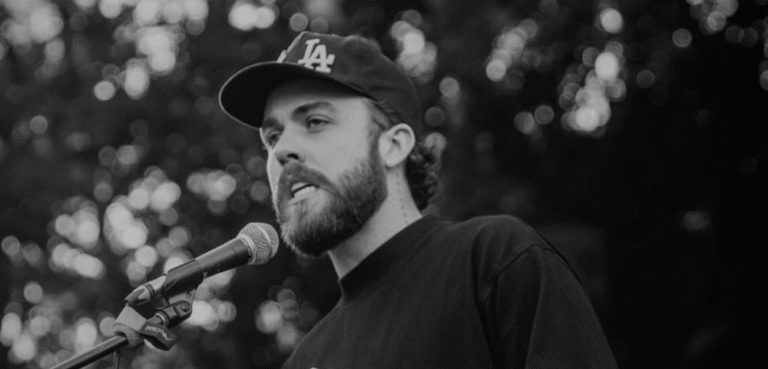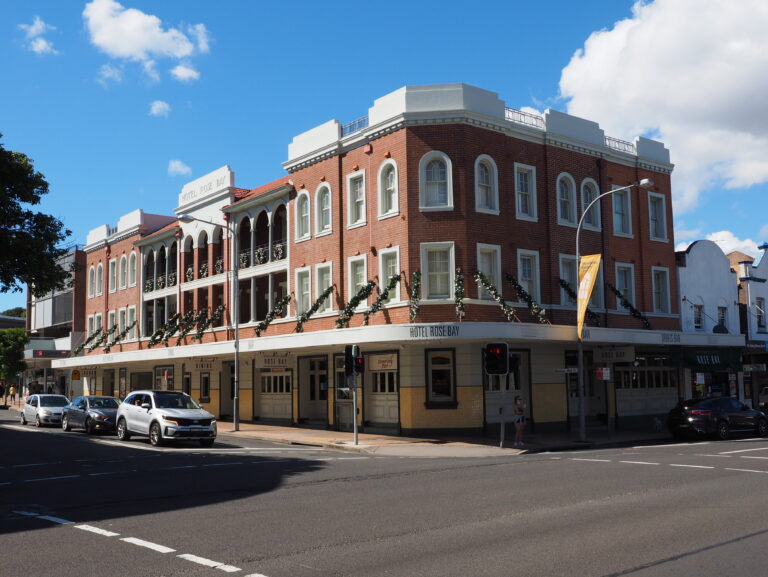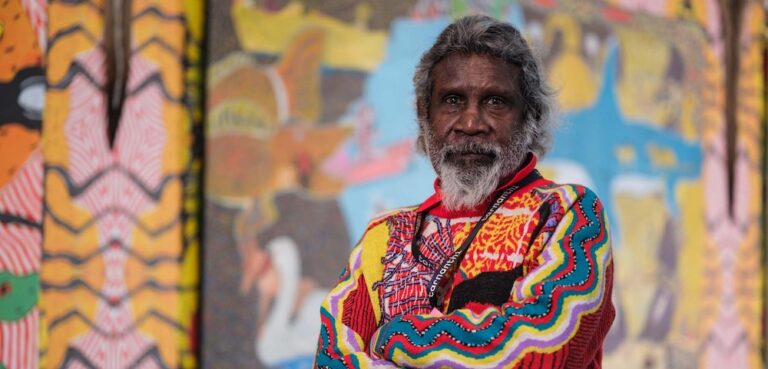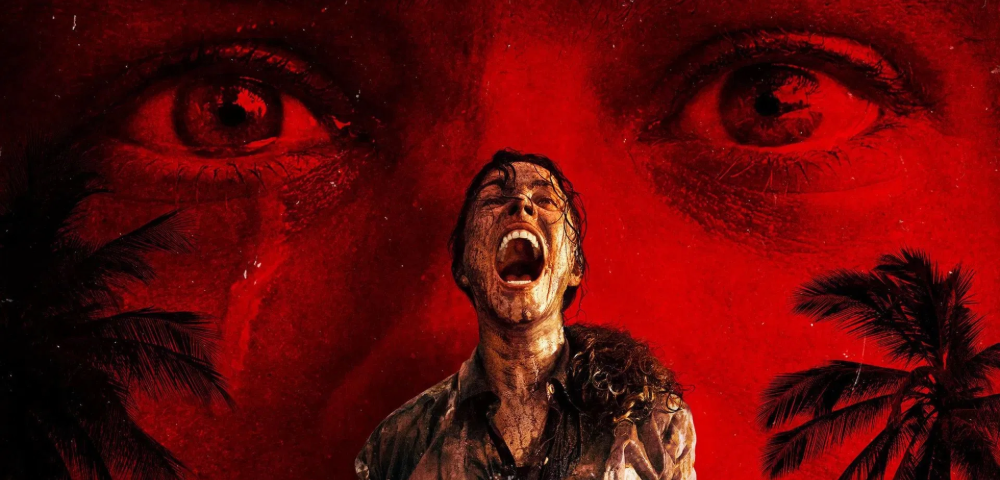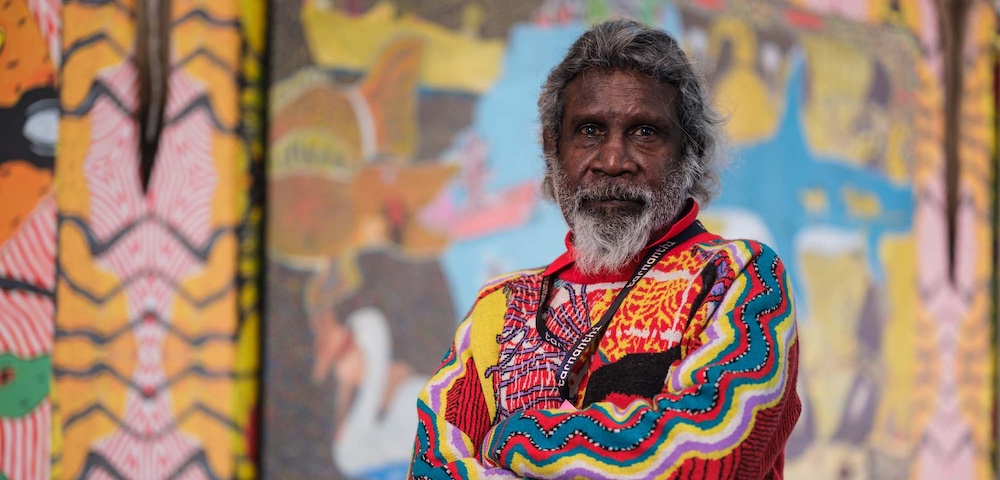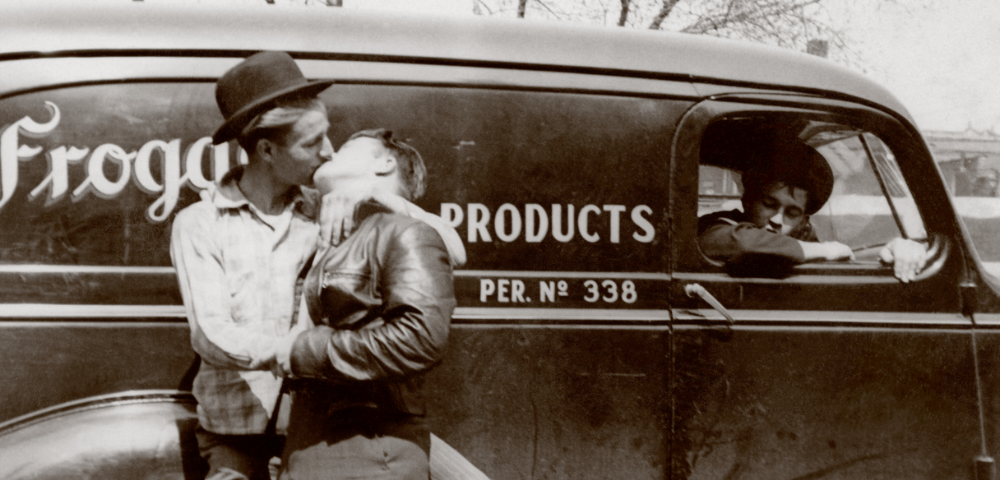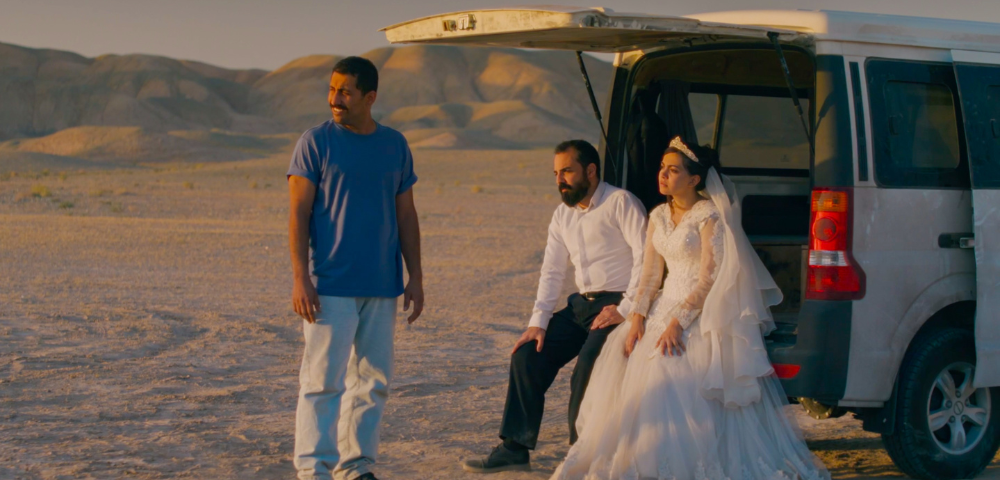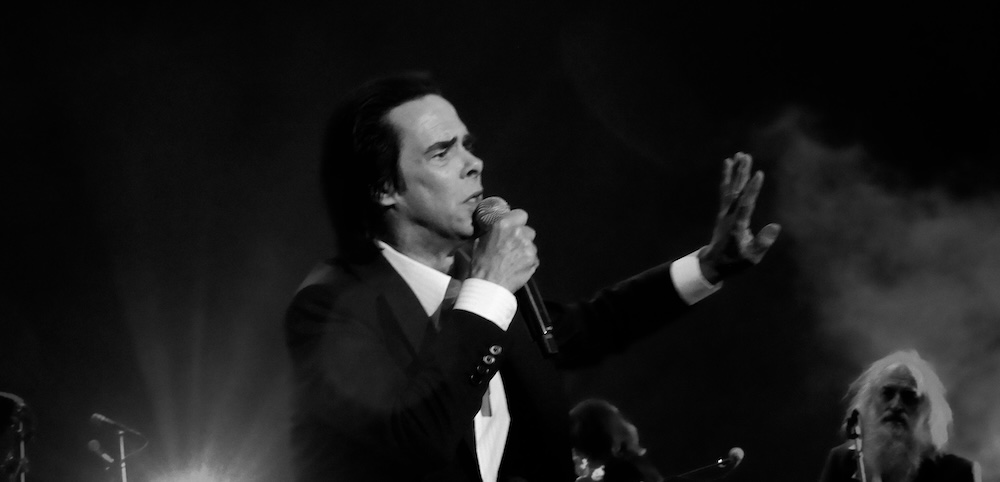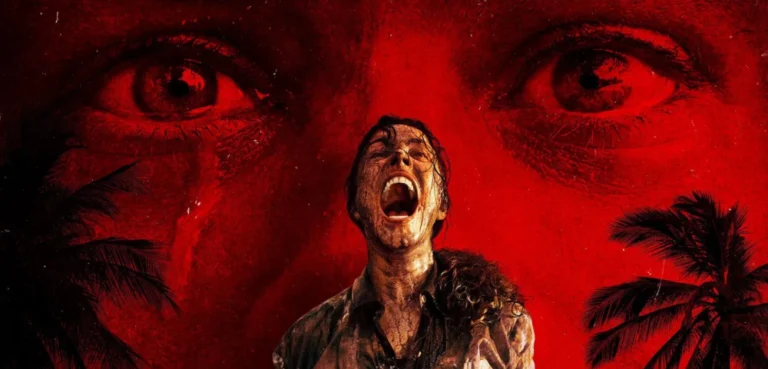
Ringside with Cold Chisel manager Rod Willis
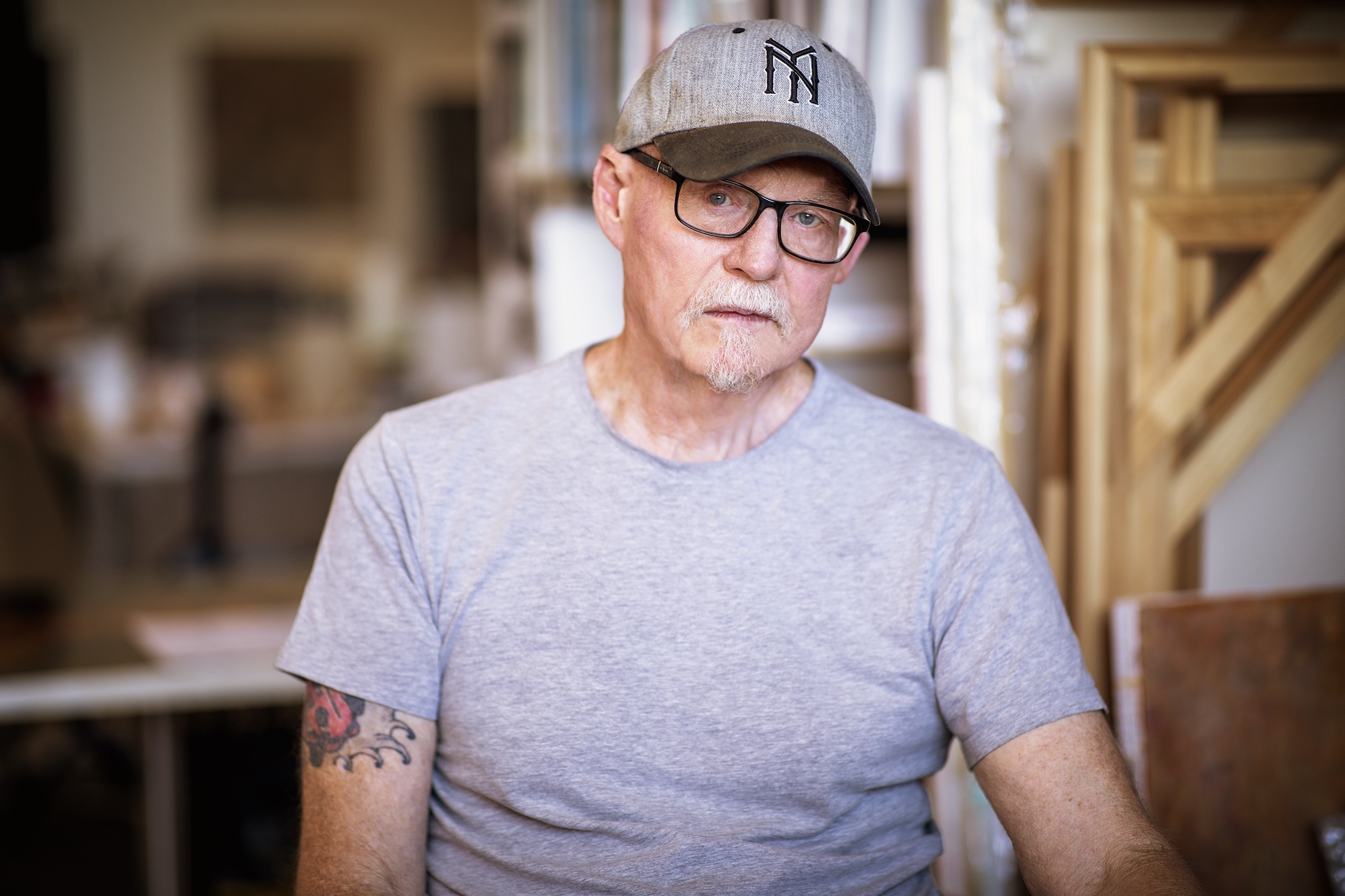
Ringside is Cold Chisel manager Rod Willis’ autobiographical account of his tumultuous 32 years guiding Cold Chisel from a small Adelaide pub to the height of the Australian music scene, and it gets off to a cracking pace from the start.
Willis opens with a prologue that describes his first road trip with the band as they are travelling across the Hay Plain in a clapped-out jalopy at break neck speed to make a hometown gig at Adelaide’s Largs Pier Hotel, one of the few places at the time where the band is assured of a warm response.

Cold Chisel had just taken Willis on as their manager and this was his introduction to the great Australian musical road trips, of which there would be many to come.
Now, no longer managing the band, Willis has had plenty of time to reflect on one of the most hectic and hard grind ascendancies in Australian music history.
“Ringside took about 13 years and I did a chronology and then filled in the gaps,” Willis said.
“I wanted to be entertaining, not a straight musical history.”

Photo: John Anderson
Willis’ early life begins as a kid growing up in a middle-class home on Sydney’s North Shore, father working in television promotions, mother taking voice parts in radio serials and the surf was beckoning the kids of the post war generations.
With little academic aptitude, Willis got through by his rugby skills, before taking a course at an agricultural school, eventually qualifying as a wool classer.

But in the back of his mind Willis was thinking more about the burgeoning Sydney music scene and how many of the musicians were making the move to the UK.
Landing there with few tradable skills, Willis would find that he could just get by with stints as a roadie, working his way through the ranks until he began working for blues/rock band Savoy Brown, who spent lots of time touring the States.
Back in London, Willis would witness the rise of punk rock, and after seeing the Sex Pistols, he said,” I was 29 and felt old.”

A marriage was the deciding factor to return home, where he would discover Chisel playing a gig in a much-faded Chinatown club, and a vision was shaped.
Reflecting on his account of the next 32 years Willis said: “I was considering who to get to write it, and obviously it was going to include Cold Chisel.”
“Don (Walker) turned and said to me,’ Mate, there is only one person who can write this, and that is you.’”
“‘It’s got to be your voice’ was ringing in my ears,” Willis said.
Having faith in a band is all well and good, but convincing a record company to fund and promote a musical career is usually something else.

Photo: Phil Mortlock
“Selling a band is a dogged approach you’ve got to take, and you hope that someone is going to be interested and you keep going until you exhaust that list,” Willis said. “The thing about Chisel, even in Australia, they were shut out. All the record companies said ‘not interested’ and one even said ‘no commercial potential’.”
Eventually the band would find a home at Warner Elektra Atlantic (WEA). That was the beginning of one of the most successful and lucrative partnerships in Australian music.
Now on the publicity circuit himself for Ringside, Willis reflects on the early days when he would ask Jimmy Barnes to hit the phones at six in the morning.
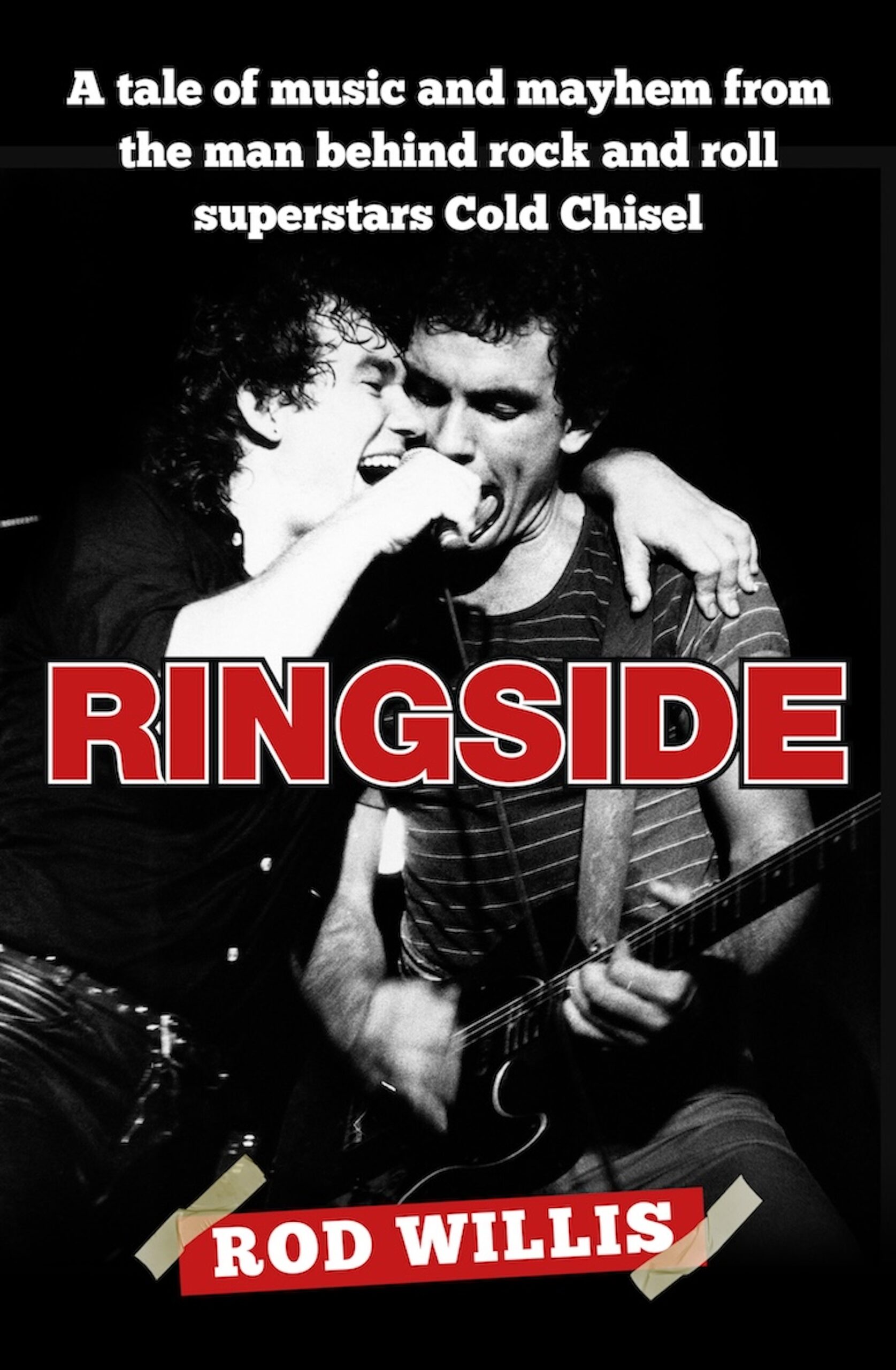
Jim was a party animal and that must have taken some doing,” Willis said. “I rang Jim the other day and said ‘Mate, I’ve got to apologise’ and he said ‘What for?’. I replied ‘For all those mornings that I would get you out of bed to do those interviews’.”
Ringside is a fond and honest account of the rise of one of Australia’s most loved bands and the person behind the scenes who steered much of it, often through turbulent times.
Asked to reflect on his time with Chisel, Willis said “There are some sacrifices you make in this business, but I wanted to make Chisel a household name, and you can walk down any street in Australia and people know who they are.”
Ringside by Rod Willis
Published by Allen & Unwin, available online and at retail outlets
www.allenandunwin.com
